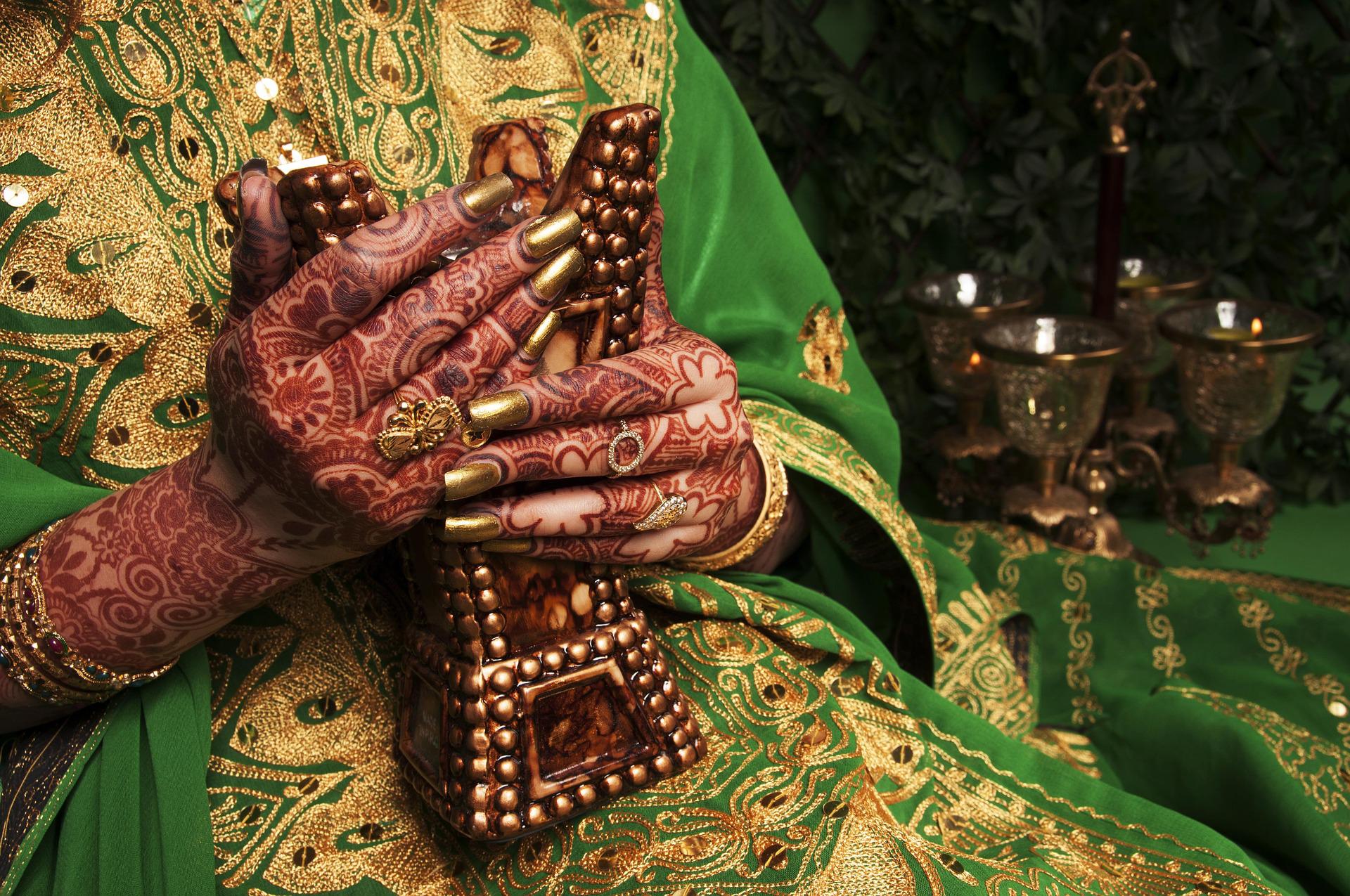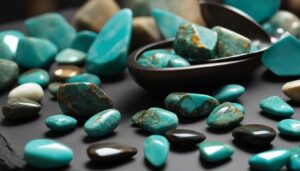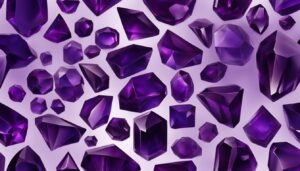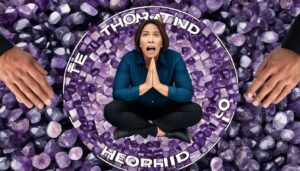According to the Food and Drug Administration (FDA), hair henna is a coloring additive approved for use on hair and is used in hair dyes to gradually darken hair over repeated applications. A natural and safe alternative for women who want to color their hair without damage or chemicals, henna is a great option.
Henna hair dye is permanent. This means that it will remain in the hair until the hair is either shaved off or allowed to fall out. The dye will fade though, and henna hair dye fades after about two weeks. After that, the dye can remain for a few more months.
If you are using pure natural henna without chemicals, additives or preservatives, you can dye your hair with synthetic dyes. Chemical dyeing allows you to dye your hair any color, while henna has a more limited color spectrum. Henna uniquely colors and conditions hair at the same time, making it smoother and brighter.
Henn Lasts for a Long Time
Henna is a permanent hair dye and the most vibrant color can last 4 weeks or less. Made from henna, henna can stain hair, skin, and clothes a dirty brown, but it only lasts for a few weeks. Henna works wonders on naturally blonde hair or those who already have a natural red tint in their hair, but doesn’t significantly change the color of their dark hair.
Henna dye is good for the hair shaft, promoting hair growth and adding volume. Unlike many commercial hair care products, pure henna has proven to be a great way to grow and nourish hair.
Despite the positive effect of henna hair dyes, the combination of chemicals and natural herbs can cause an unfortunate chemical reaction, resulting in damage to the hair strands and roots. Any chemicals in henna will affect the color of your hair, and some of these chemicals can even damage your hair. What most stylists don’t realize is that highly toxic chemicals are just as bad for the hair dyes they use as they are for henna.
Henna Sinks Deeply into the Skin
While you can get the color you want, these chemicals can cause the protective cell layer on the cuticle to peel off, making it harder for sebum to sink and moisturize the ends of your hair, leaving it dry and brittle. To dye hair that has been henna-colored, your hairdresser must use a much stronger and more aggressive chemical to re-open (damage) the cuticle so the dye can seep into the hair. While color retention is good, the cuticles are damaged and the moisture in the hair is reduced, resulting in dryness and damage to the hair.
In addition, the tannin molecules in henna (a chemical used to strengthen the skin) bind to the hair, making it stronger. Henna coats the hair, protecting it from weather and thermal damage. The henna coating on the surface protects the hair from UV rays and pollution, leaving the hair healthy and shiny.
In addition to color, henna enhances the texture and shine of your hair and helps fight dandruff. As a natural vegetable dye, henna is rapidly gaining popularity as a safe and effective way to cover gray hair and beautifully add color and shine. A huge advantage of henna is that henna is all natural, so it is the best dye for people with sensitive scalps or damaged hair.
Numerous Varieties of Henna Exist
There are several varieties of henna when it comes to hair coloring, so it’s important to know the types. If you don’t like smart canned natural henna products with a transparent palette, be prepared for deep red-orange colors (if your starting color is light) or a hint of blush (if your hair is rather dark). Do not use henna if you plan to try different synthetic dyes in the near future, as you will need to completely bleach your hair to get rid of the red tint.
LUSHs Henna hair dyes are perfect for those who want to enhance the natural shine of their hair or add a pop of color with subtle shades of reds, browns and blacks. LUSH Henna hair dyes are 100% natural, vegan, free of preservatives and synthetics and are a great alternative for those who want to color their hair without altering its natural structure and condition.
A centuries-old beauty foundation made from pure henna powder that is rich in nutrients and natural color pigments, the best henna hair dyes are free of some of the chemicals and additives commonly found in traditional hair dyes such as parabens, alcohol, ammonia, peroxide, paraphenylenediamine, perfume and more.
Some Notes on Famous Brands of Henna
Made with sustainably sourced henna powder, Mi Nature Henna Powder provides rich brown hair color while avoiding harmful chemicals and preservatives found in traditional hair dyes such as PPD, metal salts, ammonia and peroxide. Made from 100% pure henna powder, Godrej Nupur henna powder can be used as a nourishing color and hair conditioner due to the brand’s formulation that promotes hair health.
Just Javik Organic Henna Powder gives hair a natural brown color. Triple sieved henna powder is used to color and condition the strands, which makes hair shinier, softer and healthier. Henna powder is mixed with henna paste, which can be used to color hair (permanently until it grows back) or to create (temporary) henna designs on the body. Henna mixed with some natural ingredients such as amla powder, coffee powder and plain or fermented milk yogurt can hide gray hair.
Indigo is a natural dye from plants (Indigofera tinctoria, I. suffructicosa, or I. arrecta) that can be added to henna or applied to hair to turn it brown or black. Henna (lawsonia inermis) and indigo (indigofera tinctoria) dye hair, cocoa butter deeply moisturizes hair and raw materials, essential oils promote scalp health and enhance natural coloring properties.
The Surya Brasil line of henna creams and powders are also free of ammonia and peroxide, two chemicals used in traditional dyeing methods to open the hair cuticle, remove the hair’s natural color and replace it with another.




